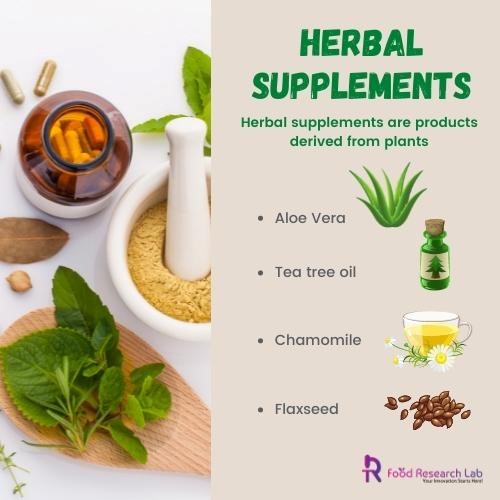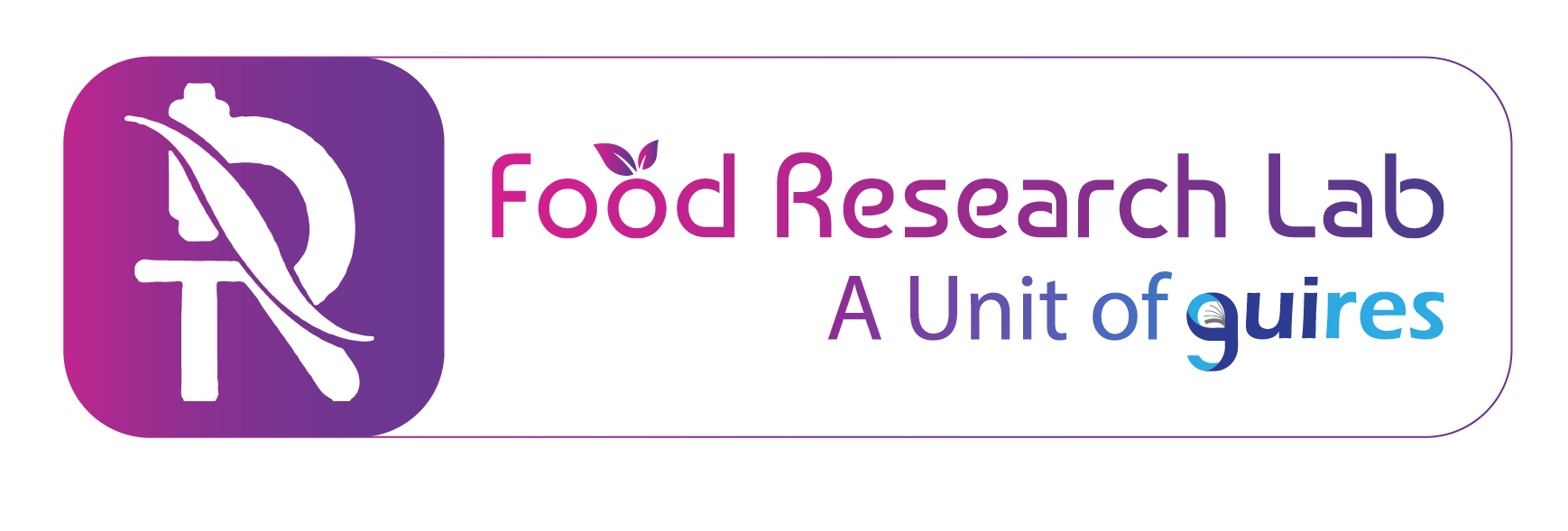
Herbal Supplements
Herbal supplements have been utilised for millennia for their medicinal effects. Make sure you know what’s in your herbals, if they’re safe, and how they interact with other vitamins and prescriptions before you start using them.
Plants and/or their oils, roots, seeds, berries, or flowers are used to make herbal supplements. Herbal supplements have been used for ages to treat a variety of ailments. They are thought to have medicinal effects.
Herbal products can be used internally or externally and come in a variety of forms. Herbal products come in a variety of forms, including:
- Extracts in liquid form.
- Teas.
- Capsules and tablets
- Salts for the bath.
- Oils.
- Ointments.
Aloe Vera is a plant that can be used topically to treat burns, psoriasis, and osteoarthritis. For digestive problems including gastritis or constipation, it’s taken orally.
Hot flashes, nocturnal sweats, vaginal dryness, and other menopausal symptoms are treated with black cohosh.
Chamomile is used to treat insomnia, anxiety, indigestion, gas, and diarrhoea. It’s also applied topically to treat skin problems. People who are allergic to ragweed should use caution.
In the United States, herbal supplements are frequently used. According to the Centers for Disease Control and Prevention, more than half of Americans use a daily herbal supplement.
Manufacturers of herbal products are not required to prove that their products are safe or effective before they are put on the market under the Dietary Supplement Health Education Act of October 1994. The Food and Drug Administration (FDA) is in charge of monitoring a product’s safety after it has been made available to customers.






